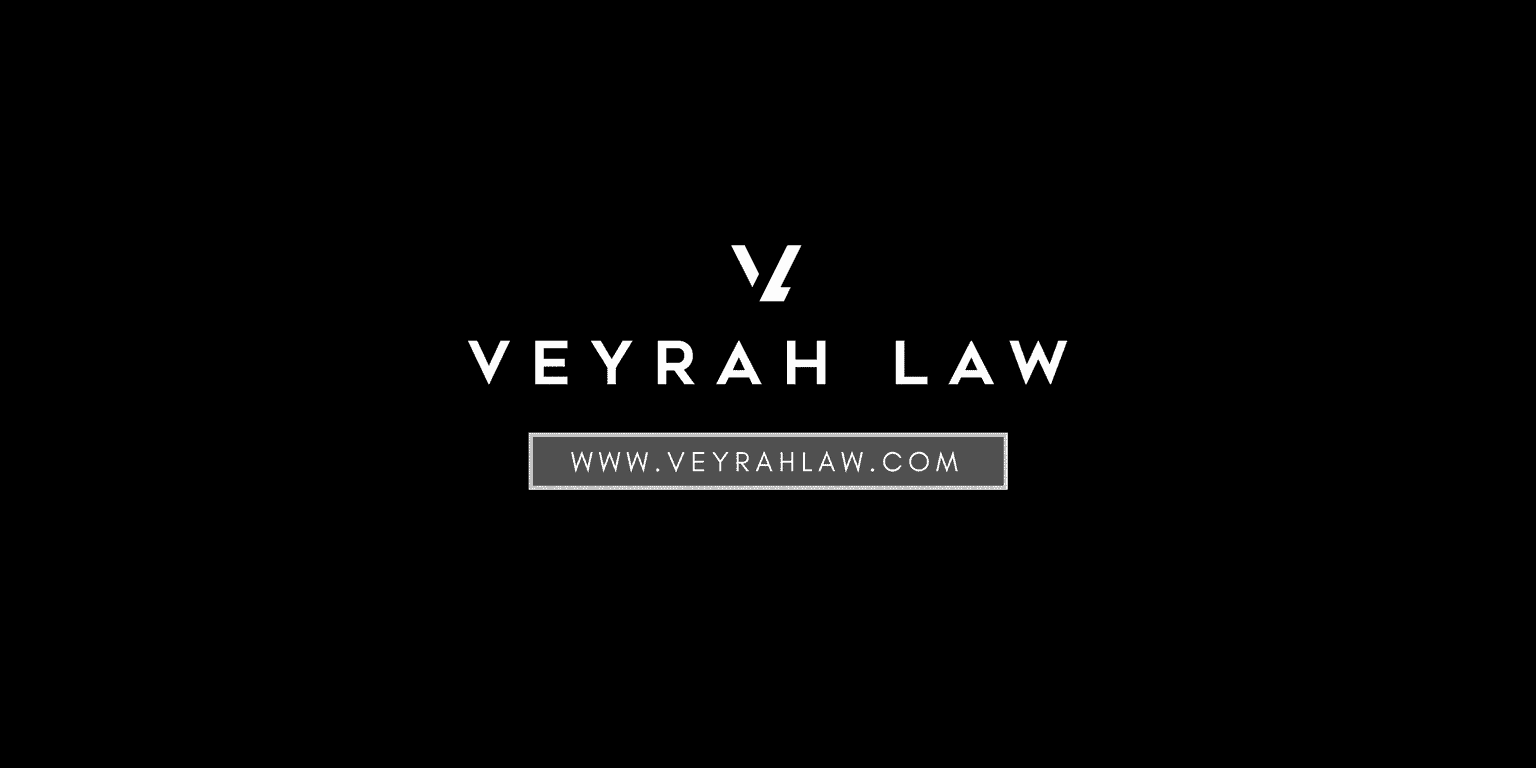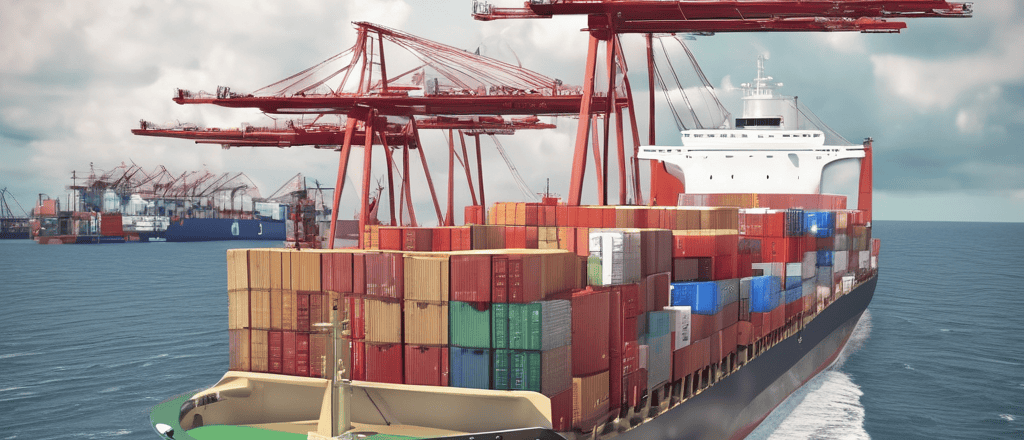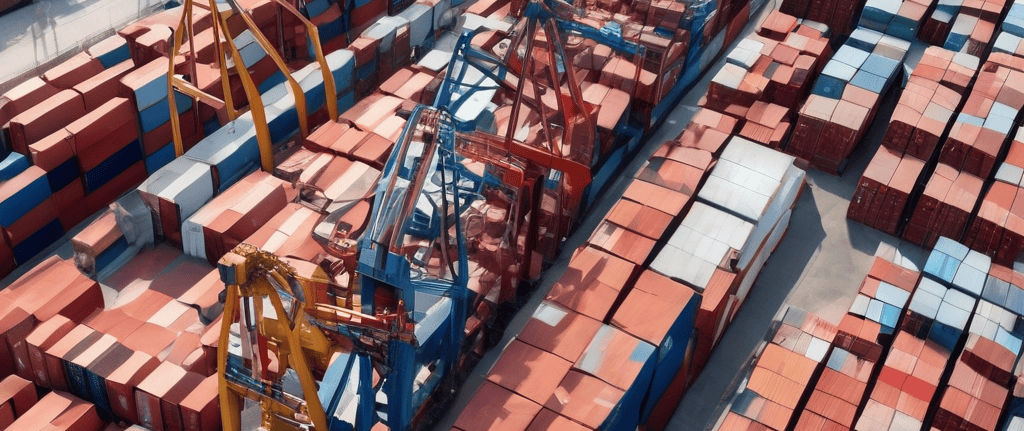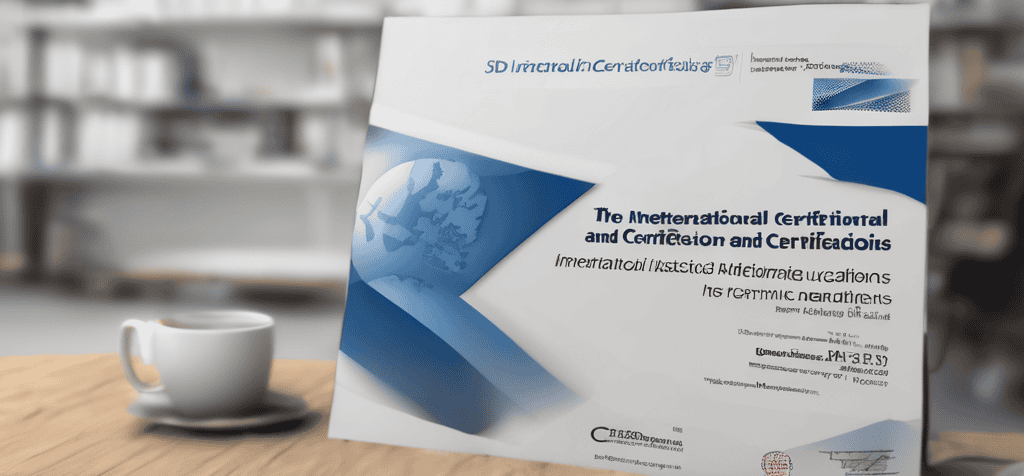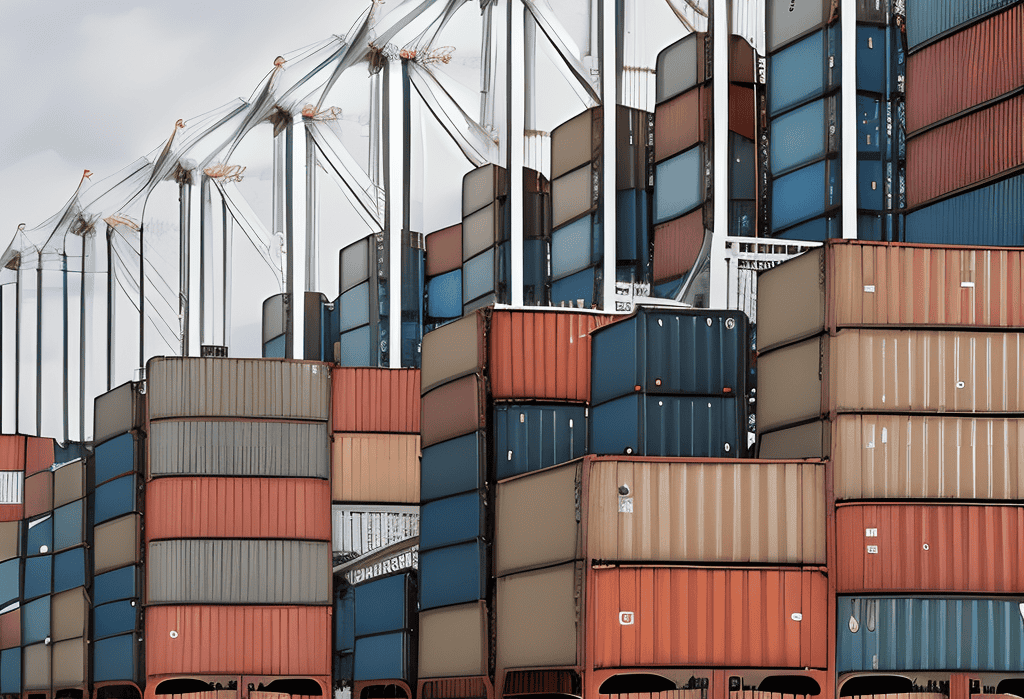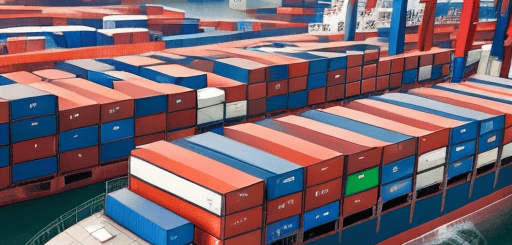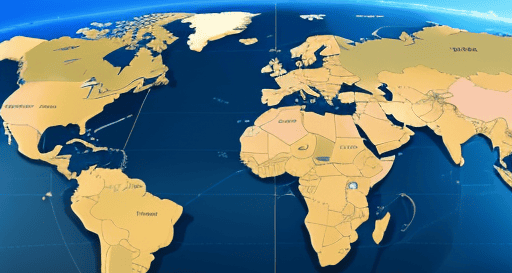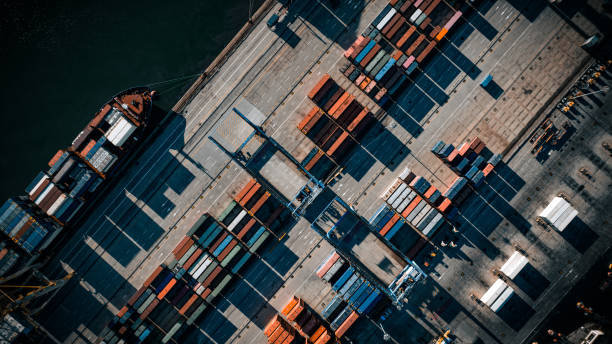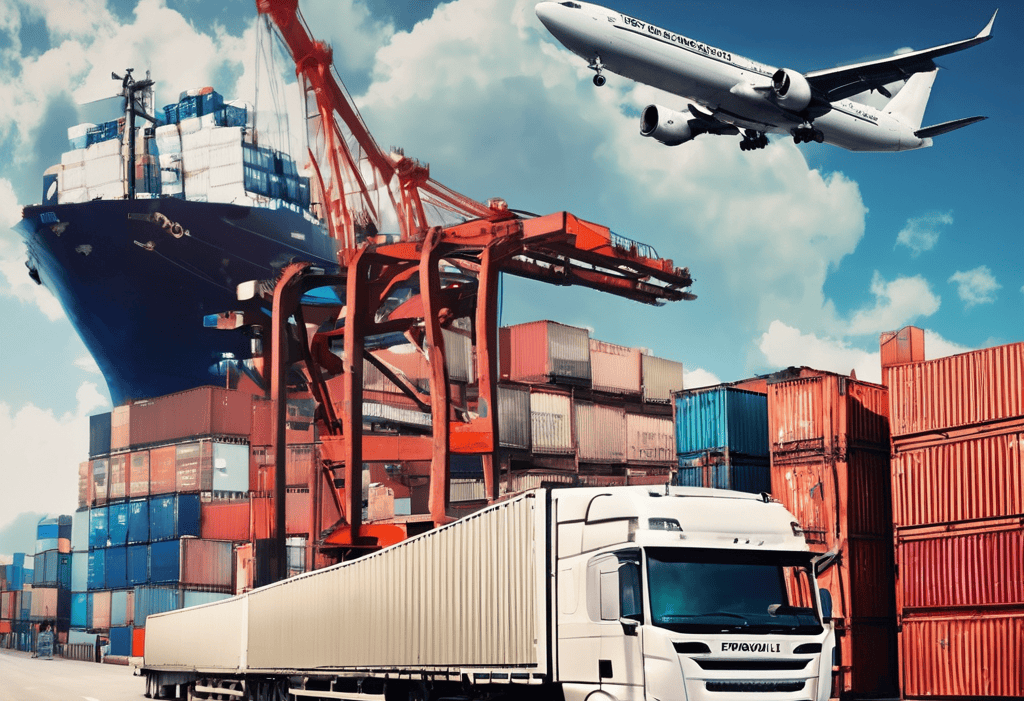Navigating import duties and taxes is a fundamental aspect of international trade that requires careful planning, due diligence, and compliance with regulatory requirements. By understanding the basics of import duties and taxes, conducting thorough research, factoring costs into pricing strategies, exploring duty relief programs, and maintaining accurate documentation, businesses can optimize their import processes, minimize financial risks, and capitalize on global market opportunities.
In the realm of international trade, understanding import duties and taxes is fundamental for businesses looking to navigate the complexities of cross-border transactions effectively. From tariffs and customs duties to value-added taxes (VAT) and excise taxes, import duties and taxes play a crucial role in determining the cost and feasibility of importing goods into a foreign market. Here, we delve into the basics of import duties and taxes, providing businesses with essential knowledge to streamline their import processes and mitigate financial risks.
Deciphering Import Duties and Taxes
- Tariffs and Customs Duties:
Tariffs are taxes imposed by governments on imported goods, intended to protect domestic industries, generate revenue, or address trade imbalances. Customs duties are levied based on factors such as the product's classification, value, country of origin, and any applicable trade agreements or preferential tariffs. Understanding tariff schedules and duty rates specific to the product and destination country is crucial for accurate cost calculations.
- Value-Added Tax (VAT):
Value-added tax (VAT) is a consumption tax assessed on the value added at each stage of production or distribution, including imports. VAT rates vary by country and can significantly impact the final cost of imported goods. Businesses must be aware of VAT obligations and registration requirements in the destination country to ensure compliance and avoid penalties.
- Excise Taxes:
Excise taxes are special levies imposed on specific goods, such as alcohol, tobacco, and petroleum products. These taxes are often applied in addition to customs duties and VAT and are designed to regulate consumption, promote public health, or address environmental concerns. Businesses importing excisable goods must adhere to applicable excise tax regulations and compliance requirements.
Navigating Import Duties and Taxes
- Conduct Due Diligence:
Before engaging in import transactions, conduct thorough research to understand the applicable import duties, taxes, and regulatory requirements in the destination country. Consult with customs authorities, trade associations, or legal experts to clarify any uncertainties and ensure compliance with import regulations.
- Factor Costs into Pricing:
Account for import duties and taxes when determining the pricing strategy for imported goods. Consider the impact of tariffs, customs duties, VAT, and other taxes on the landed cost of products to maintain profitability and competitiveness in the target market.
- Explore Duty Relief Programs:
Many countries offer duty relief programs, such as duty drawback, duty-free zones, or preferential trade agreements, to incentivize trade and investment. Explore available duty relief mechanisms and leverage them to minimize import costs and enhance competitiveness in foreign markets.
- Maintain Accurate Documentation:
Accurate and complete documentation is essential for customs clearance and compliance with import regulations. Ensure that import documents, including commercial invoices, packing lists, certificates of origin, and import licenses, are prepared correctly and submitted in a timely manner to expedite customs clearance and avoid penalties.
#ImportDuties #CustomsDuties #InternationalTrade #VAT #ExciseTaxes #TradeCompliance #GlobalBusiness #ImportRegulations #CrossBorderTrade #BusinessStrategy
Read more views













